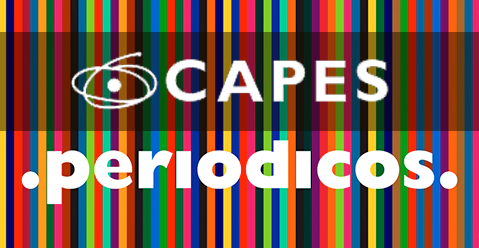Max Weber, ¿precursor del pensamiento político posfundacional?
Consideraciones sobre el vínculo entre política y valores en Politik als Beruf
DOI:
https://doi.org/10.14244/contemp.v15.1295Resumo
En los últimos años, el problema del politeísmo de valores formulado en la obra de Max Weber ha tenido un creciente interés para la teoría política, particularmente para aquella que se enmarca en la corriente posfundacional. A grandes rasgos, este problema parecería anticipar algunas de las constataciones elementales de aquella corriente de pensamiento político, a saber: que existe un debilitamiento ontológico, que este puede ser experimentado inmediatamente por los sujetos y que, en consecuencia, la acción política se ubica en un terreno indecidible, en el que se debe elegir entre “dioses” y “demonios”. En este artículo examinamos la formulación weberiana del politeísmo de valores tal como aparece en su clásica conferencia “Política como vocación” [Politik als Beruf] y la contrastamos con la comprensión que se tiene de este en la teoría política contemporánea. A pesar de la similitud, puede constatarse que Weber, más que por un diagnóstico metafísico, se hallaba preocupado por la pregunta práctica relativa a la relación entre el sujeto y los valores últimos. De allí se derivan una serie de corolarios teórico-políticos que alejan a Weber del pensamiento político posfundacional.
Downloads
Publicado
Edição
Seção
Categorias
Licença
Os autores/as cedem os direitos autorais dos artigos, resenhas e entrevistas publicados para a Contemporânea - Revista de Sociologia da UFSCar, a qual disponibiliza o conteúdo em suas versões impressa e online dentro de uma política de acesso livre ao conhecimento.
Reproduções dos textos em outras publicações podem ser pedidas formalmente ao Comitê Editorial.
Copyright Statement
The authors surrender their copyrights of the articles, book reviews and interviews published to Contemporânea – Revista de Sociologia da UFSCar, which makes available the content in its printed and online versions under a policy of free access to knowledge.
Reproductions of texts in other publications may be formally requested from the Editorial Committee.





















